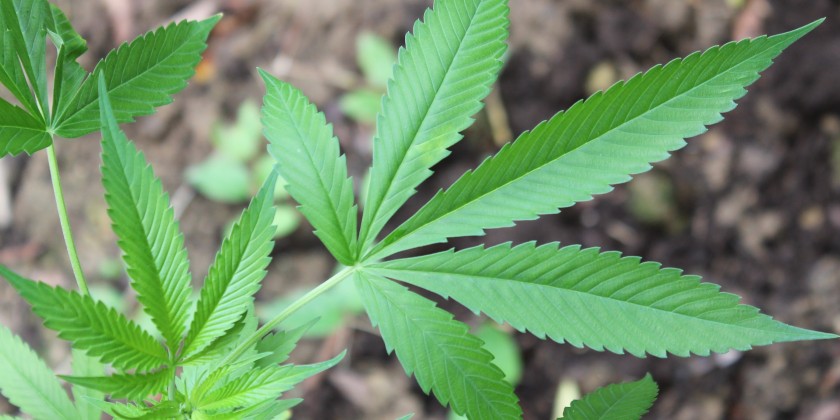With the legalization of medical marijuana in 23 states and the District of Columbia, more disabled veterans are turning to the drug to treat their post-traumatic stress disorders. In fact, the Senate unanimously passed a bill in November allowing the Veterans Health Administration to prescribe cannabis to eligible veterans.
The hope is that offering an alternate medication will give veterans more choices when seeking care. Unfortunately, sometimes that choice is taken away from them.
Disabled Gulf War veteran Raymond Schwab and his family moved from Kansas to Colorado so he could work for the VA in Denver. The father of six also hoped that life in Colorado would allow him to use cannabis to regulate his PTSD, which was illegal in Kansas.
[Schwab] lived in Colorado when the state legalized medical marijuana and obtained his own card.
He also tried to treat his symptoms with an assortment of medicines prescribed by the Department of Veterans Affairs — pain medicines, muscle relaxants, anti-anxiety drugs — but “they were making me crazy, they made me worse,” he said.
Finally he developed a heroin addiction, but said he overcame that years ago with cannabis therapy.
Right before his family moved to join him in Colorado, his mother-in-law tok five of his youngest children to the local police station and “reported them abandoned.” The children have been in the custody of the state of Kansas ever since.
Nine months, Schwab’s mother-in-law regrets handing the kids over to the state over a “family squabble.” Though a Kansas child abuse investigation found that the children had not been abused or neglected, the state government hasn’t budged. Schwab can either stop taking his PTSD medication for four months or never get them back.
However, Schwab fears returning to old habits if fulfills Kansas’ demands.
“What if I didn’t make it through four months?” Schwab said.




































